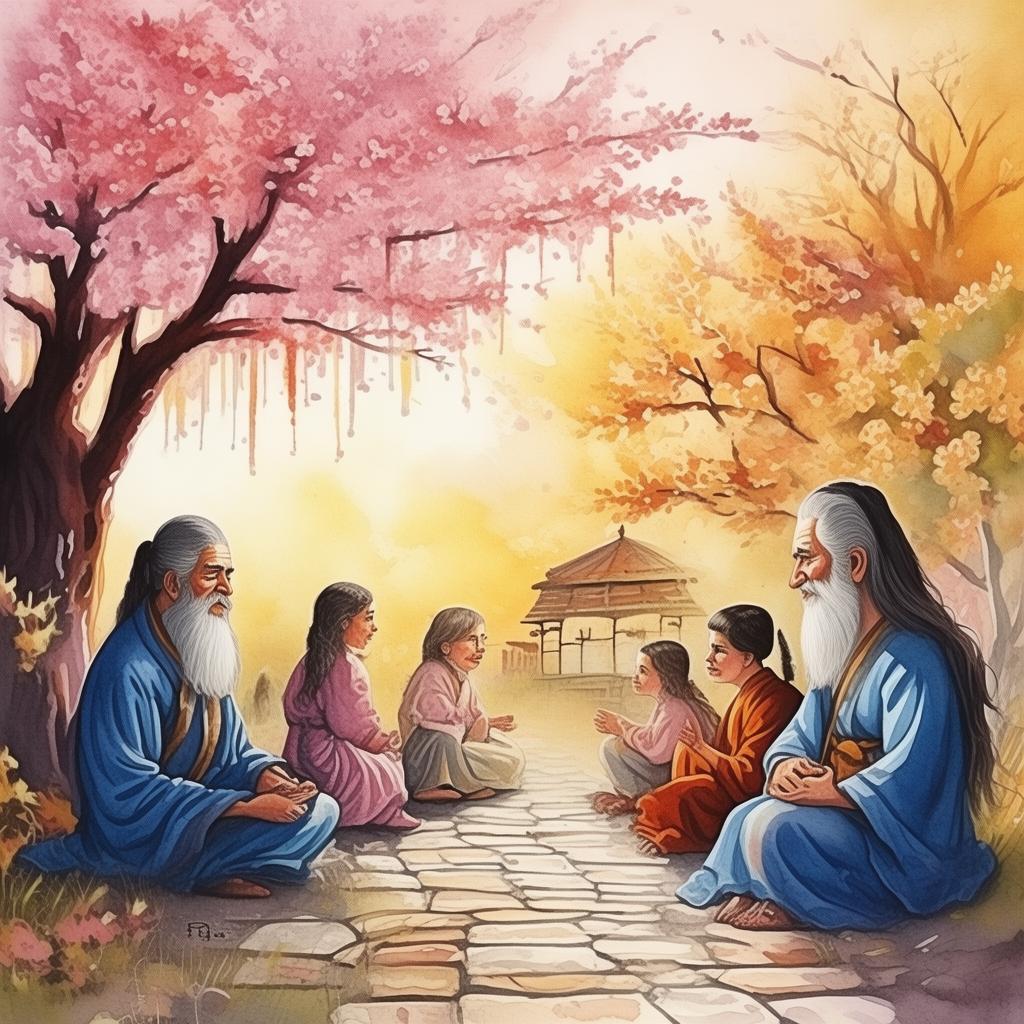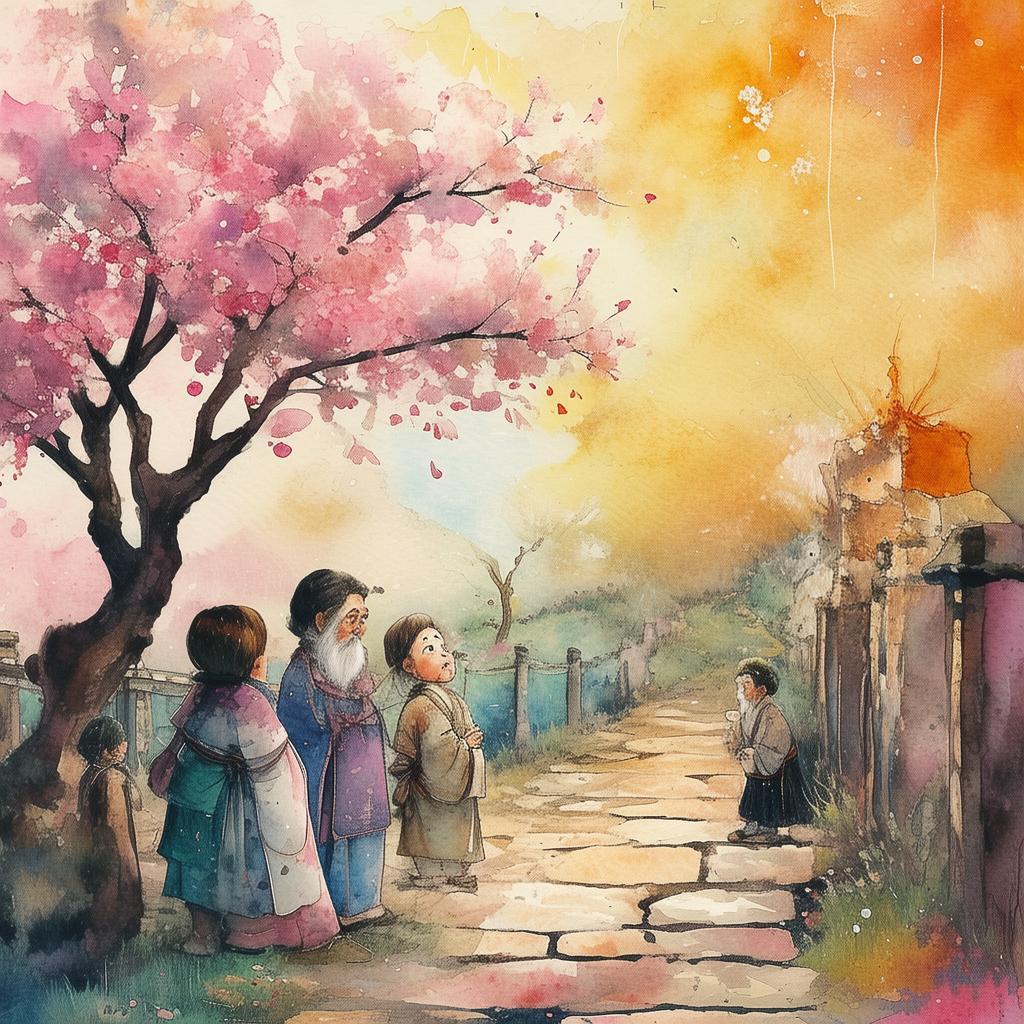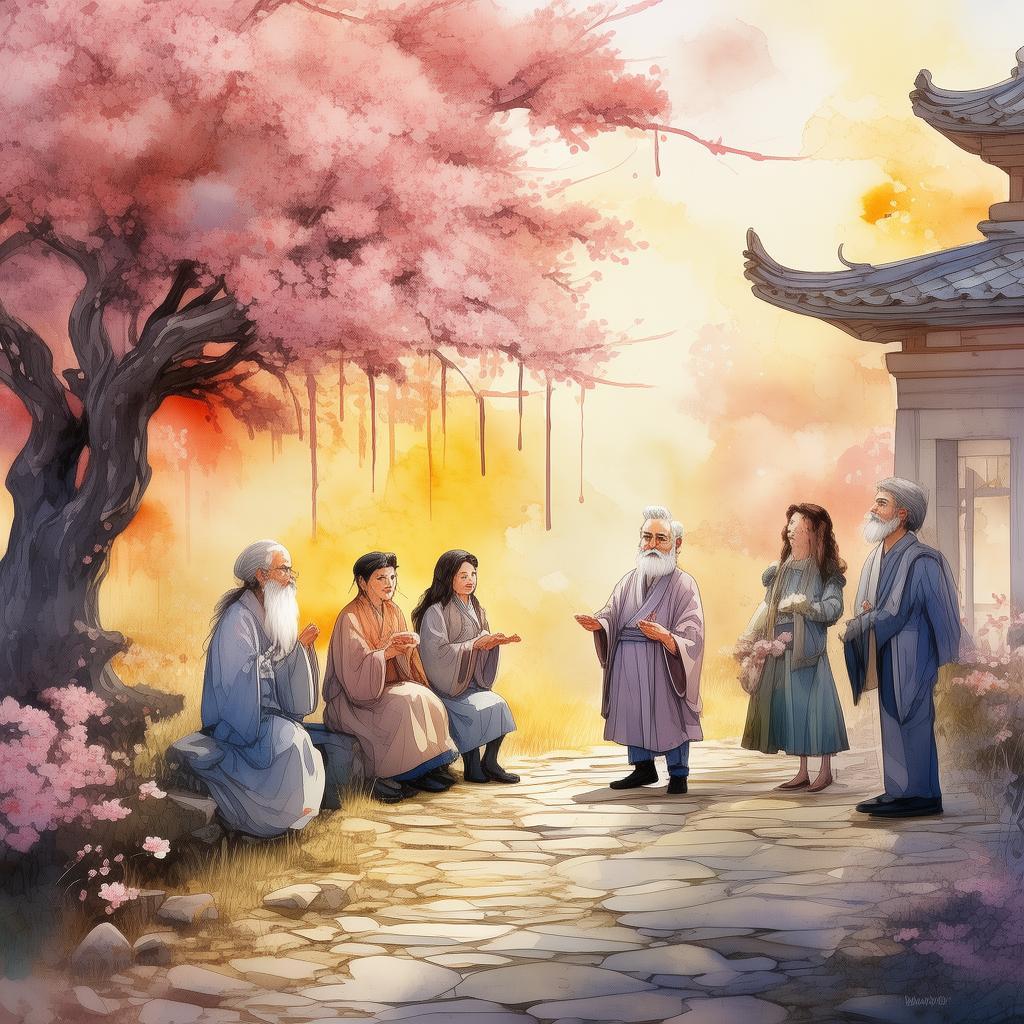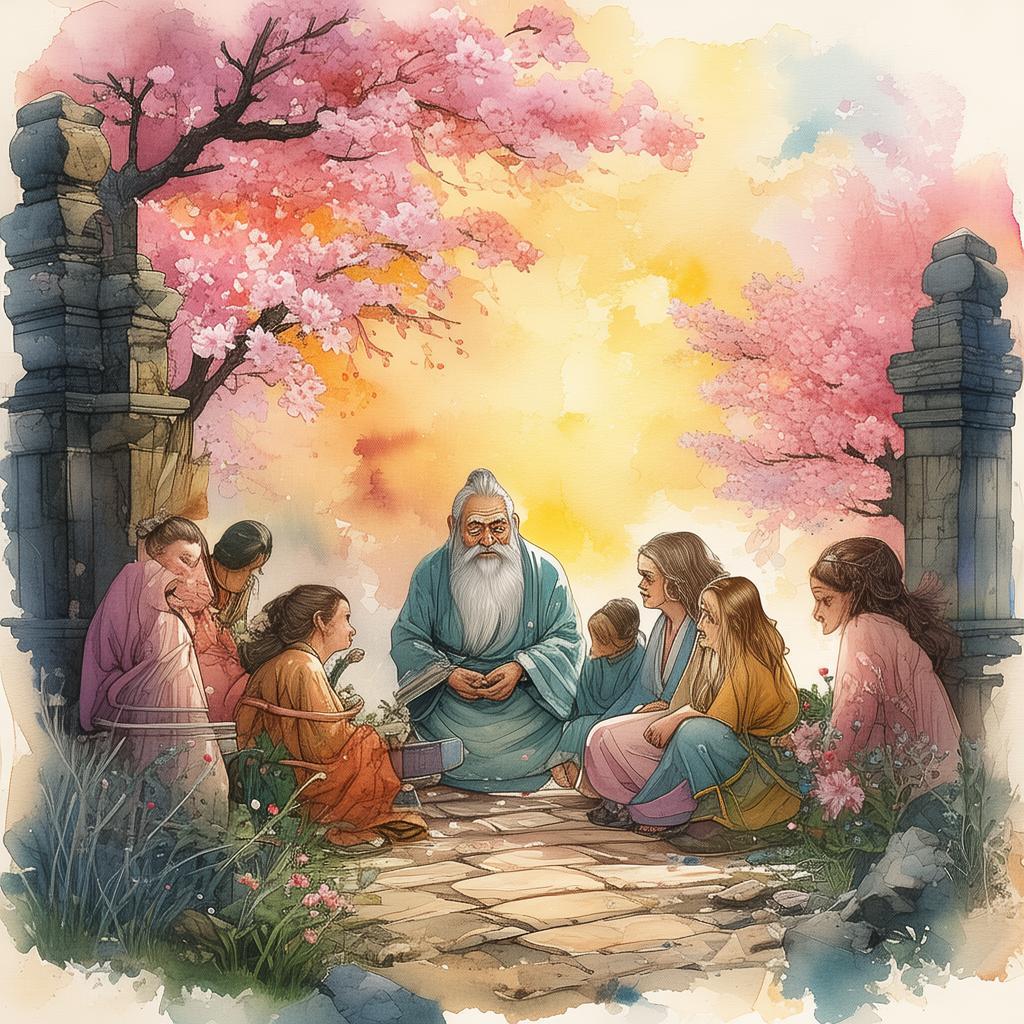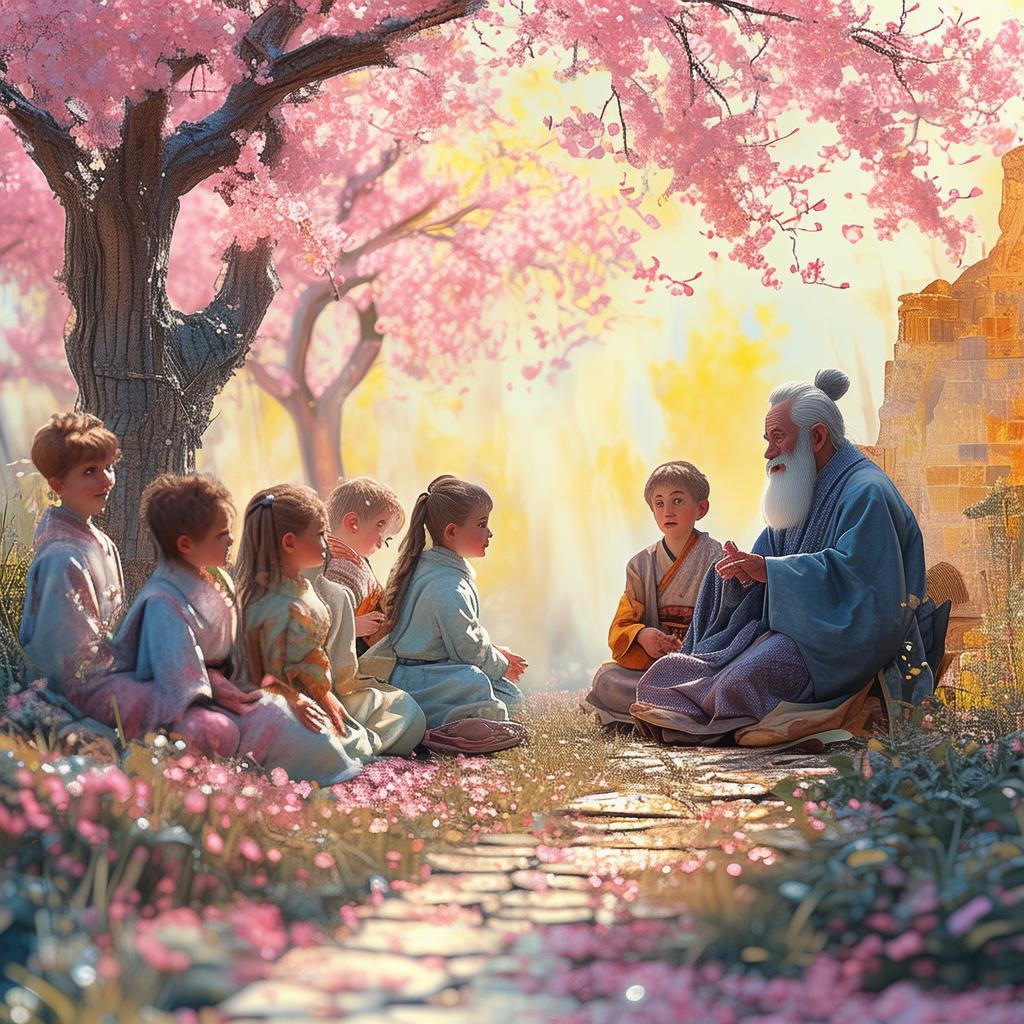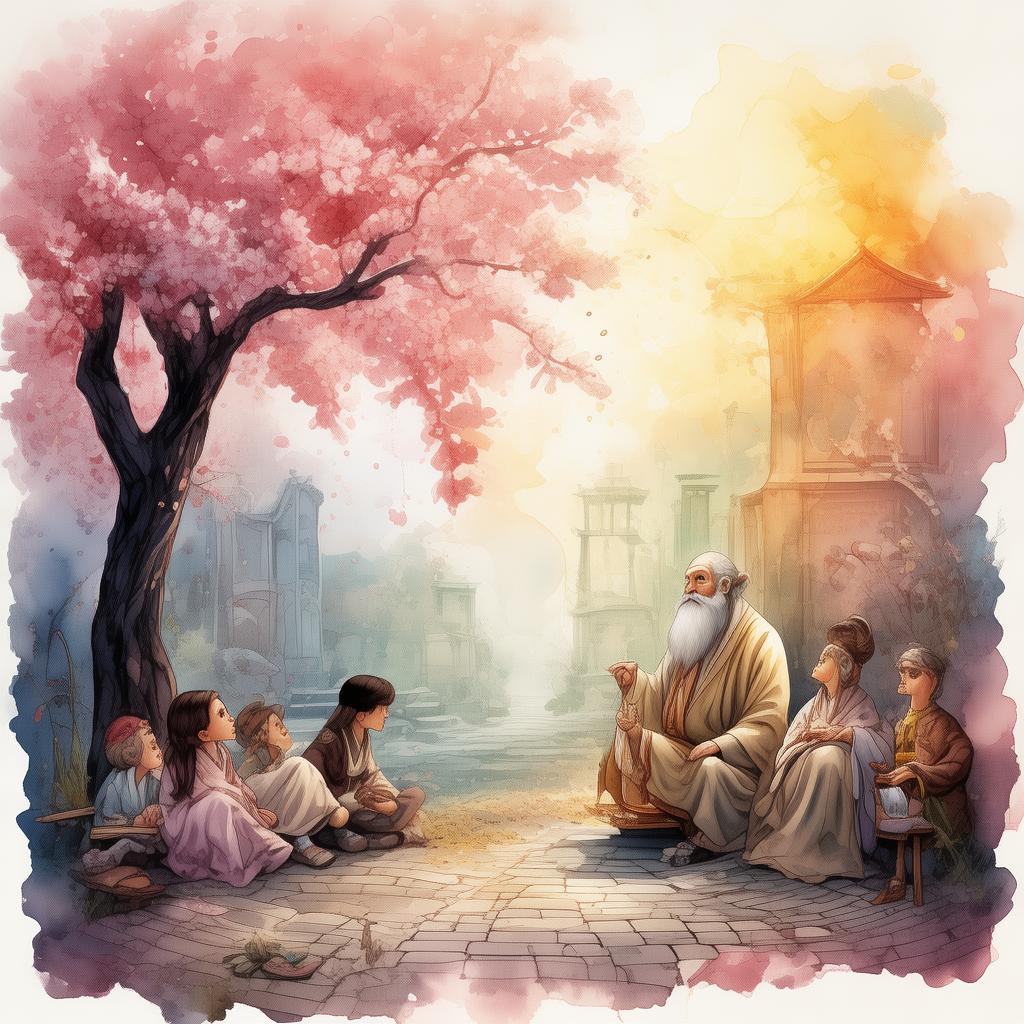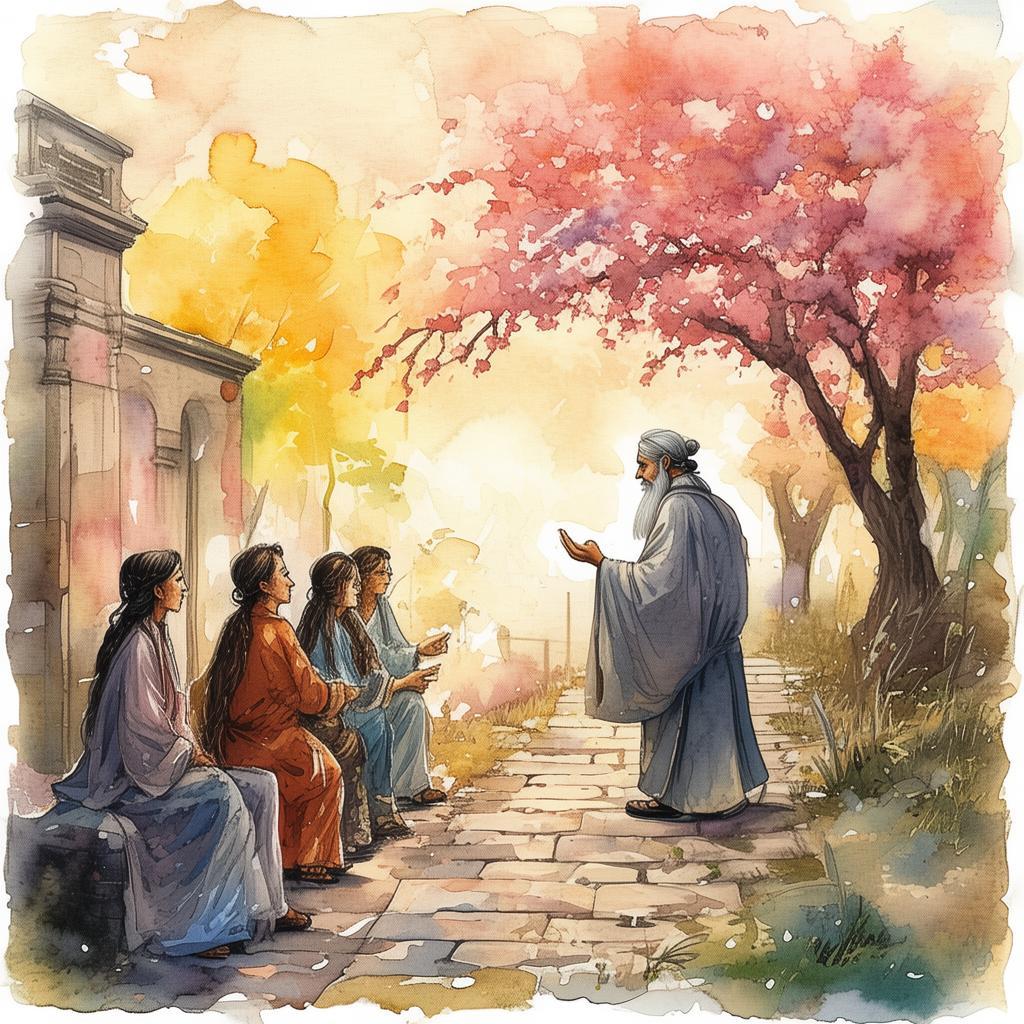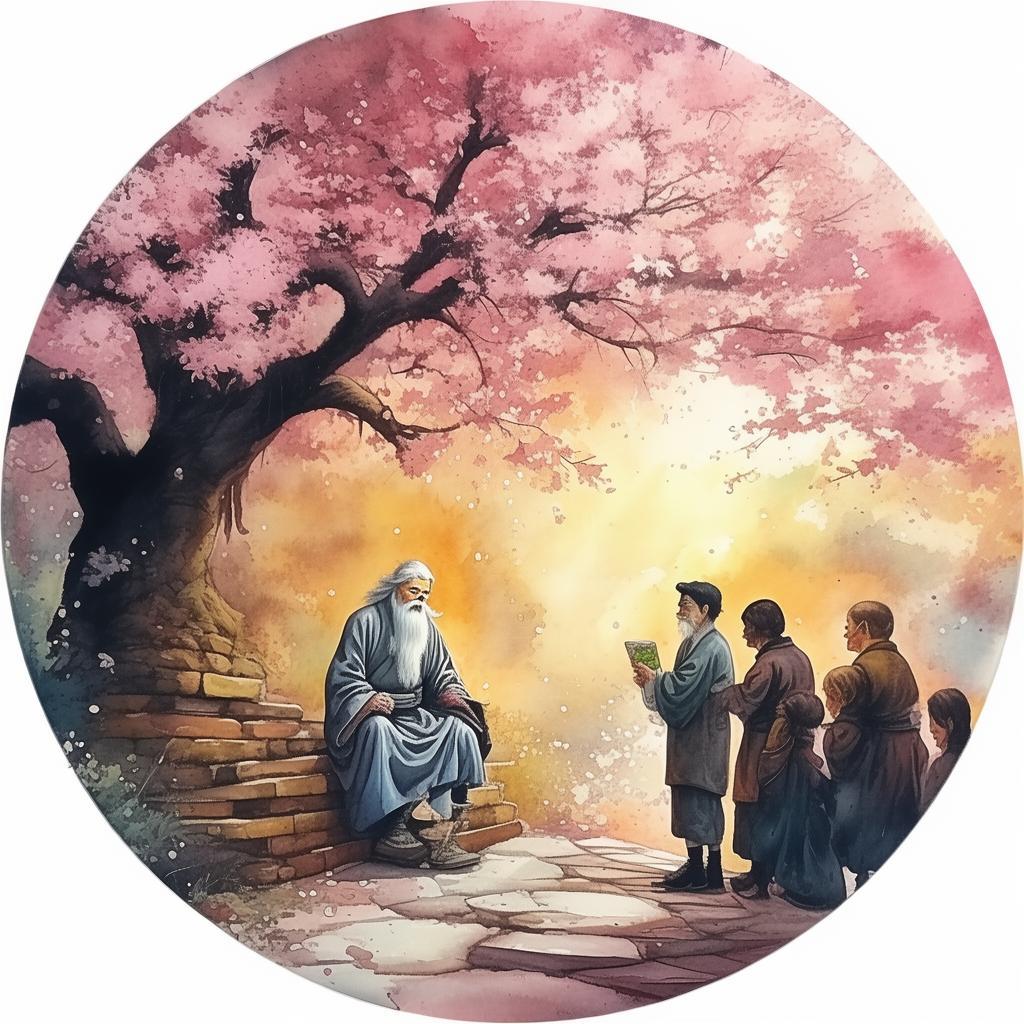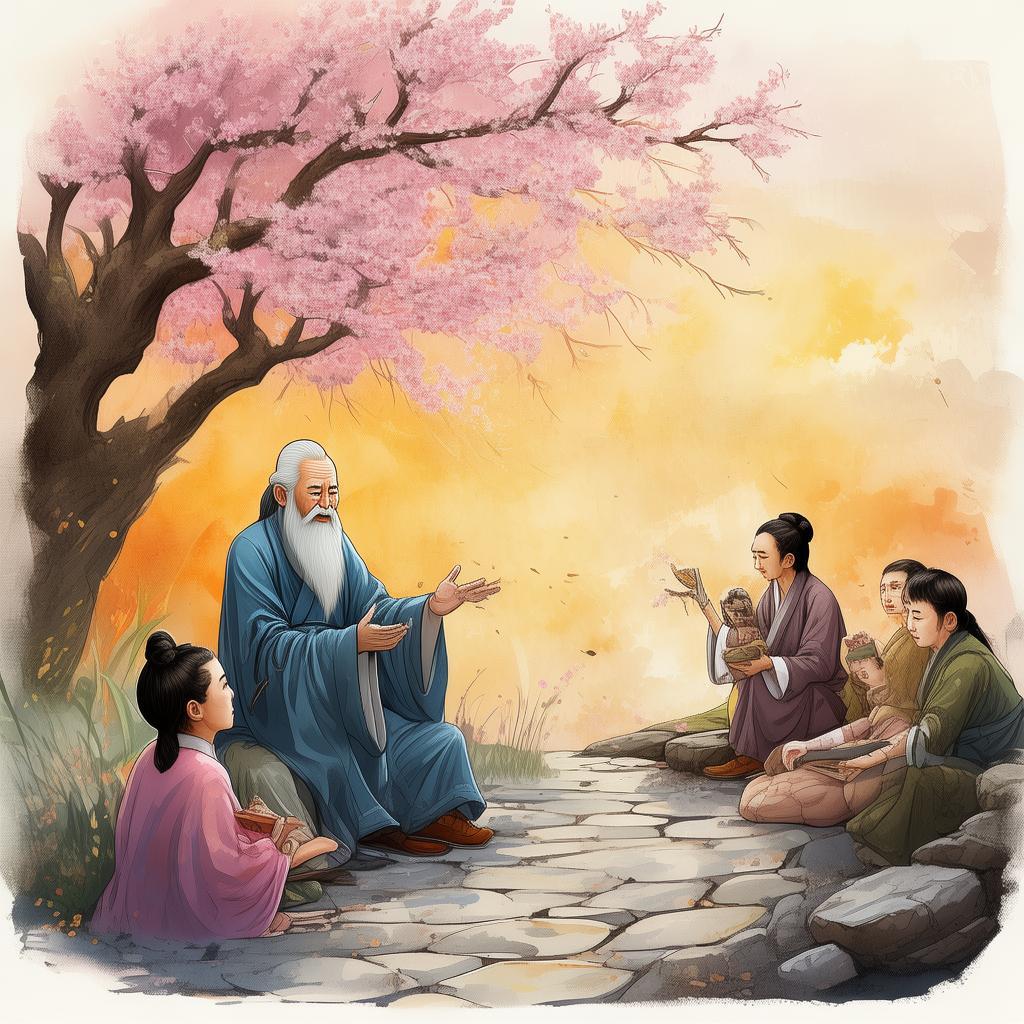The Rhythmic Rebellion: Echoes of the Resolute Bard
In the ancient kingdom of Melodious, where the songs of the bards were woven into the very fabric of life, there reigned a tyrant whose iron fist held the people in an iron grip. The king, known as the Silent Sovereign, had banned all music and songs, believing that the power of the rhythm could stir the hearts of the people to rise against him. His decree was strict, and the bards, who were the keepers of the kingdom's history and culture, were forced into silence.
Among the bards was a young man named Lirion, whose soul was a living melody, and whose fingers danced with the rhythm of the earth. Lirion was not one to be cowed by the king's edict. He believed that the power of music was not just in the sound, but in the spirit it stirred. It was this spirit that could ignite the hearts of the oppressed and spark a rebellion.
Lirion spent his nights in the shadows, composing songs that would echo through the hearts of the people. He called his creation "The Rhythmic Rebellion," a ballad that would be whispered from mouth to ear, from ear to heart, until it became a chorus that could not be ignored.
The first verse was a simple call to action, a promise of freedom:
In the land of Melodious, where the stars are bright,
There lies a truth that the king has tried to hide,
The heart of the people beats to a rhythm so true,
That it can't be silenced, it can't be denied.
The second verse was a tale of the past, a reminder of the kingdom's former glory:
Once, the songs of the bards were the voice of the land,
And the rhythm of the earth was the heartbeat of the land,
But the king has come, with his iron and his might,
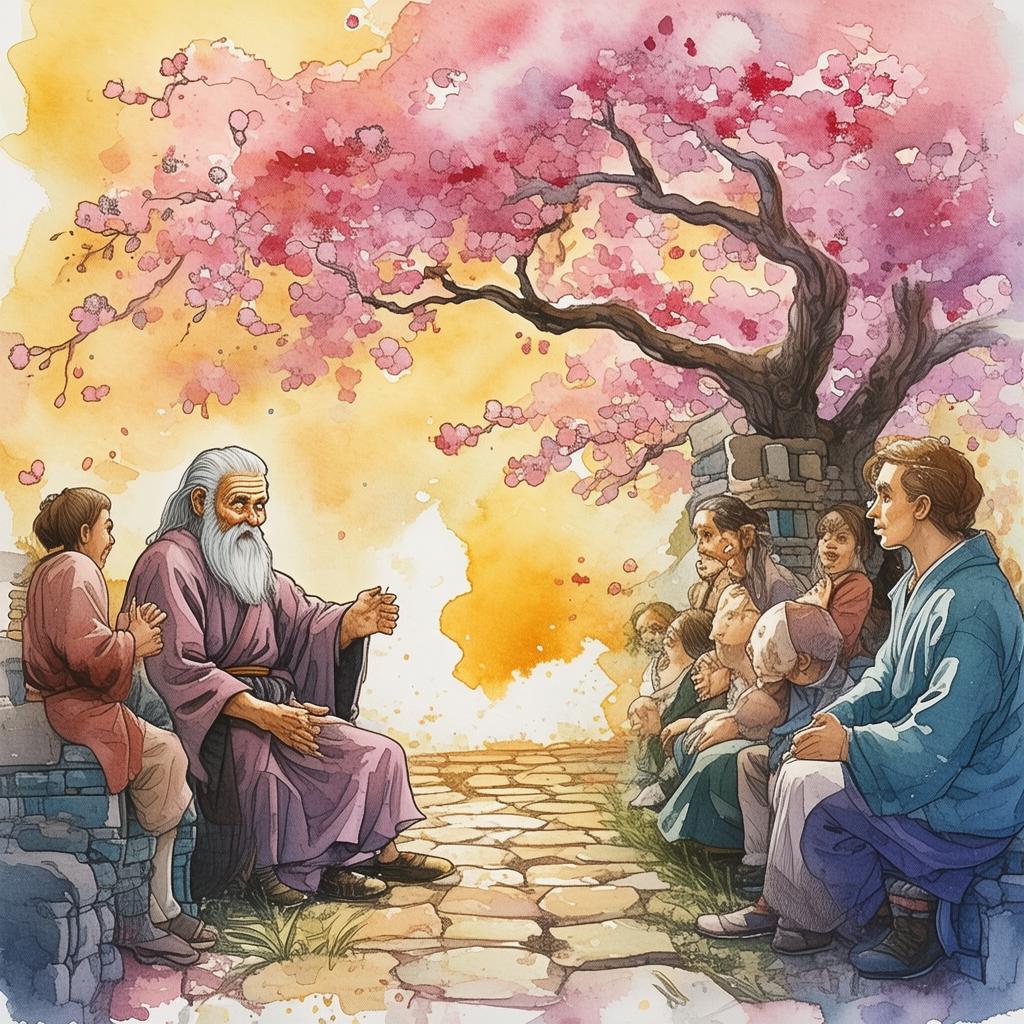
And he has stolen our songs, and our hearts, and our land.
The third verse was a promise of change, a whisper of hope:
But now, the time has come, the time has come to rise,
For the people of Melodious, we will not be still,
With the power of the rhythm, we will find our voice,
And we will rise up, we will rise up, we will rise.
Lirion's songs spread like wildfire, and soon, the people began to gather in secret, their hearts pounding to the rhythm of Lirion's ballad. They were a motley crew, farmers, merchants, soldiers, and scholars, all bound by a common cause. They called themselves the "Melodious Marchers."
The Silent Sovereign, aware of the growing unrest, sent his henchmen to silence Lirion. But Lirion was not to be stopped. He sang his final verse in the open square, his voice echoing through the streets:
So, let the rhythm of the earth guide our path,
And let the power of the people be our shield,
For in the end, the truth will be set free,
And the music of the people will never be denied.
The crowd, inspired by Lirion's courage, surged forward, and the Silent Sovereign's soldiers were overwhelmed. The rebellion was on, and the kingdom of Melodious was forever changed.
The Rhythmic Rebellion became a legend, a tale of how the power of music and the courage of one man could unite a people and change the course of history. The Silent Sovereign was overthrown, and a new era of freedom and music began. Lirion, the Resolute Bard, was hailed as a hero, and his ballad, "The Rhythmic Rebellion," became the national anthem of Melodious.
The story of Lirion and his ballad serves as a timeless reminder that the human spirit, when united by a common cause, can overcome even the mightiest of foes. It is a testament to the power of music, the strength of courage, and the indomitable will of the people.
✨ Original Statement ✨
All articles published on this website (including but not limited to text, images, videos, and other content) are original or authorized for reposting and are protected by relevant laws. Without the explicit written permission of this website, no individual or organization may copy, modify, repost, or use the content for commercial purposes.
If you need to quote or cooperate, please contact this site for authorization. We reserve the right to pursue legal responsibility for any unauthorized use.
Hereby declared.
